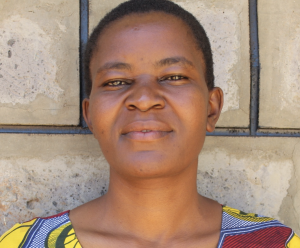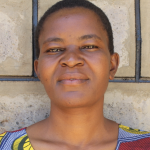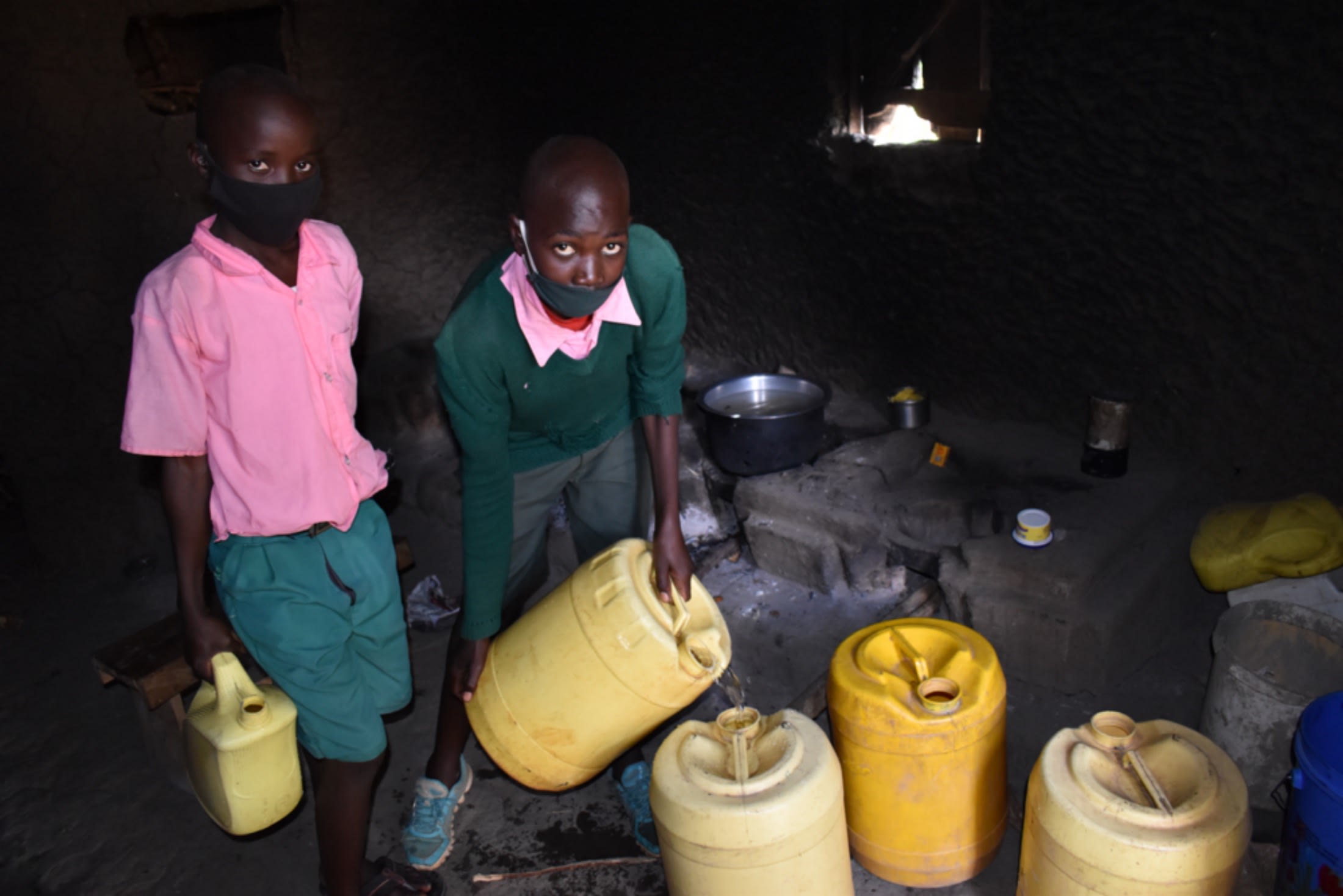October, 2021: Lutali Primary School Project Complete!
We are excited to share that Lutali Primary School in Kenya now has access to a new source of safe, clean water thanks to the completion of their new borehole well! Students and staff are already using the well's flowing water, which will provide them with a reliable source of water for all of their daily needs.

We installed new latrines and handwashing stations for students, and we trained the school on improved sanitation and hygiene practices, including COVID-19 prevention. These components work together to unlock the opportunity for these students to live better, healthier lives.

"The time that was wasted when I was sick is going to be recovered in books because now my health is going to be good," said 14-year-old Quillary N.

She went on to share, "The face of the school is going to change because we have enough water [on] school grounds, which will be used for cleaning purposes. Our school is going to be more neat and admirable."
Teachers were just as excited as the students about the new well on campus.
Christine Sindani commented, "The access to clean and safe water is going to bring a great change in life because [I] am going to be healthier compared to other years when I used to suffer a lot."
How We Got the Water Flowing
Parents, staff, and students all played a part in this well's success. After determining the best site for the well through a hydrogeological survey, we obtained approval and a license through the government to begin drilling the new well.
To prepare for the project, the school helped collect fine sand and water for our artisans to use in making cement. When everything was ready and the students went home from class for the weekend (drilling is a very loud process!), our drill team and staff arrived at the school to begin work.
The drilling process can take up to three consecutive days to complete due to this region's hard bedrock, so when the drill team arrived, they set up a small camp where they could rest and refuel in shifts near the drill rig. The school's kitchen staff and a few parents helped provide meals for the team, while the school provided a safe place for the artisans' accommodations and materials. People of all ages came to watch the well's progress throughout each day.

Opening prayers before drilling began
Drilling commenced with excitement in the air. As the rig progressed, the team drove down a temporary casing to keep the walls from collapsing. We continued drilling to reach a final depth of 80 meters with a final static water level of 4 meters.

The team replaced the temporary casing with a permanent version and then bailed out the dirty water at the bottom of the well. They installed the pipes and flushed them, tested the well's yield, and chlorinated the water.
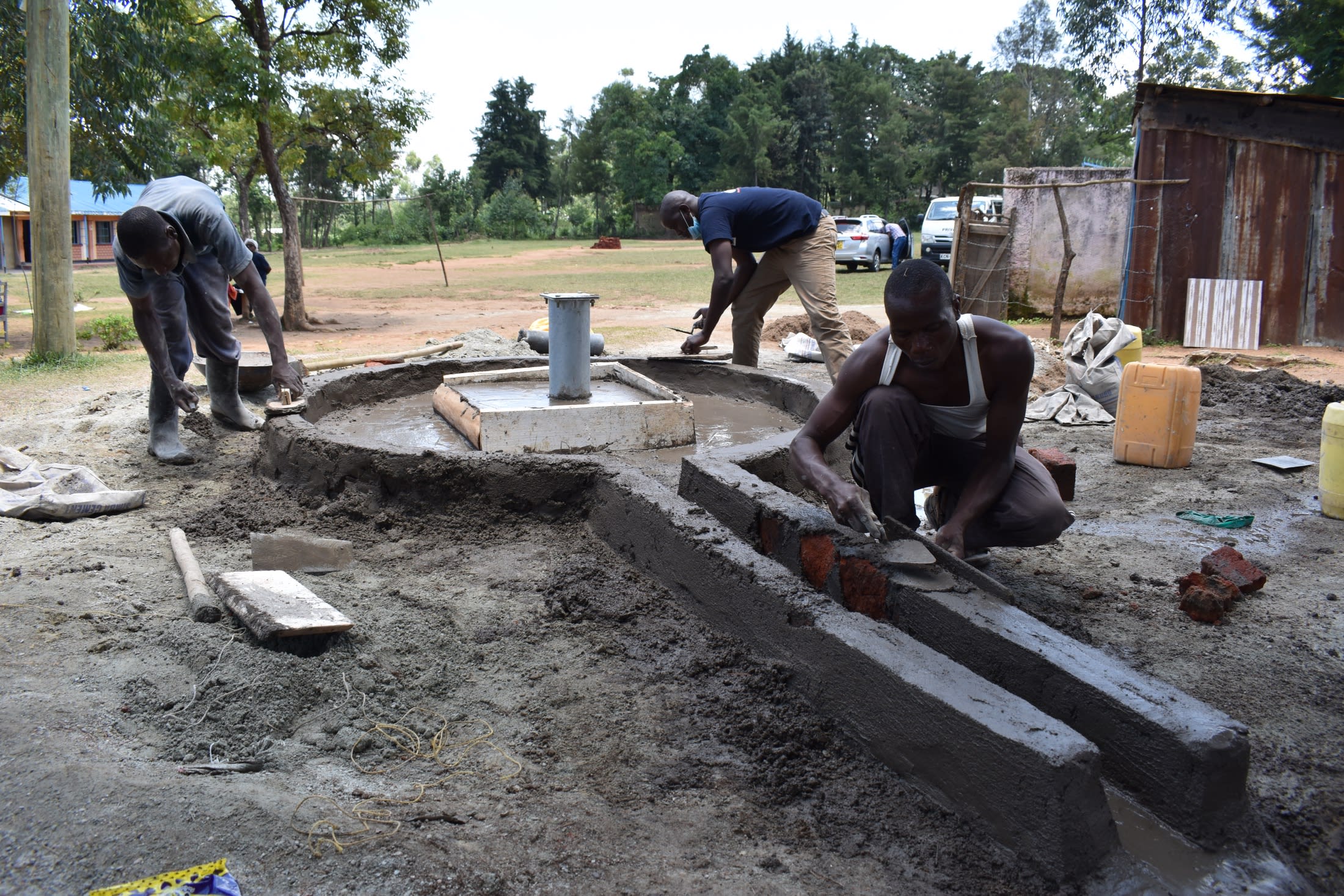
Following chlorination, we constructed a cement well pad to seal off the well from any ground-level contaminants. The pad includes tiles beneath the drawing area to help protect the cement from the erosive force of the water, and a short drainage channel to carry spilled water away from the pump, preventing standing water at the access point. At the end of the drainage channel, we also dug a soak pit that helps absorb the runoff into the ground, further eliminating stagnant water.

When the well pad was dry, we installed a new stainless steel AfriDev handpump and took a water quality test to send to a government lab. The results came back announcing that this water is safe for drinking!
When the students and teachers arrived back at school, their enthusiasm for this much-anticipated project was overwhelming. We officially handed over the new borehole to the school.

Students and staff celebrated the presence of clean water on campus. The event was an excellent chance for us to acknowledge the school administration and students as the primary parties entrusted with the tools we have given and remind them of our continued support as they develop. Happiness, thanksgiving, and appreciation were the order of the day, flowing in all directions.
During the dedication, pupils celebrated by performing songs and poems. Later a guest, a member of the county assembly, Mr. Leonard Soita, thanked everyone for the tremendous support to the school and community at large.
VIP Latrines

This project funded the installation of six new ventilated improved pit (VIP) latrines, three for the girls and three for the boys. These new latrines have cement floors designed to be easy to use and clean, locking doors for safety and privacy, and vents designed to keep air flowing up and out through the roof. With a rain tank right on school property, there should be enough water to keep them clean.
Handwashing Stations

The two handwashing stations were set up during training and handed over to the student health club. These were placed outside of the girls' and boys' latrines to encourage handwashing after latrine use. Health club members will teach other students how to wash their hands at the stations properly, make sure the stations are filled with water, and ensure that there is always a cleaning agent such as soap or ash available.
New Knowledge
We scheduled hygiene and sanitation training with the school's staff, who ensured that the training date would be convenient for pupils and teachers. When the training day arrived, facilitators Christine Luvandwa, Samuel Simidi, and Rose Amulavu deployed to the site to lead the event. Twenty (20) students and teachers attended the training we held in the school compound under a tree. It was shaded and cool, making it conducive for learning.

We focused on COVID-19 prevention, transmission, and symptoms while also covering several other topics. These included personal hygiene such as bathing, oral hygiene, and the ten steps of handwashing; environmental hygiene; child rights; operation and maintenance of the rain tank, latrines, and handwashing stations; and leadership and governance. During the latter, the students elected their peers to lead their newly formed student health club.
The club will be significantly involved in the water, sanitation, and hygiene project management at school. It will be responsible for encouraging good health and hygiene practices amongst their peers, teachers, and the larger community. We involved stretches, dances, and physical activities between each topic to keep the pupils' energy up and their minds active. By the end of the training, each pupil understood their role in sustaining clean water and good health within their school community.

One of the popular training sessions was dental hygiene. The facilitator took the participants through brushing their teeth and the need to use a small amount of toothpaste that is the size of a green gram (a pea). One boy raised his hand and joked since he has a big mouth, that means he should use more toothpaste. Everyone laughed, and the facilitator told him that too much toothpaste brings problems.

"This training was very important to me, and it came timely. I have learned many things that I used to ignore like personal hygiene, hand washing, and soap making. [I] am able to train my fellow pupils who were not around during training," said Beverline K., a 15-year-old student.
We asked Laurence S., a 14-year-old male student, what it was like to be at home for most of the last year due to Kenya's national coronavirus-related school closures and what it has been like coming back to school.

"The closing of schools was bad. I missed school, teachers and fellow pupils who are my friends. It was a loss to me because a lot of time was wasted at home and [I] could not remember anything that I had learned."
Laurence went on to share how he feels now that he's back to school. "[I] am feeling good to be on school premises and meeting with my teachers." He also shared what he thought of the training, "The training was very important to me because I assumed that I knew how to [do] a lot on hygiene and sanitation. I really did not know, and through this training, I have gained a lot and am willing to train my fellow students."
When an issue arises concerning the well, the students and teachers are equipped with the necessary skills to rectify the problem and ensure the water point works appropriately. However, if the issue is beyond their capabilities, they can contact our field officers to assist them. Also, we will continue to offer them unmatchable support as a part of our ongoing monitoring and maintenance program.
Thank you for making all of this possible!

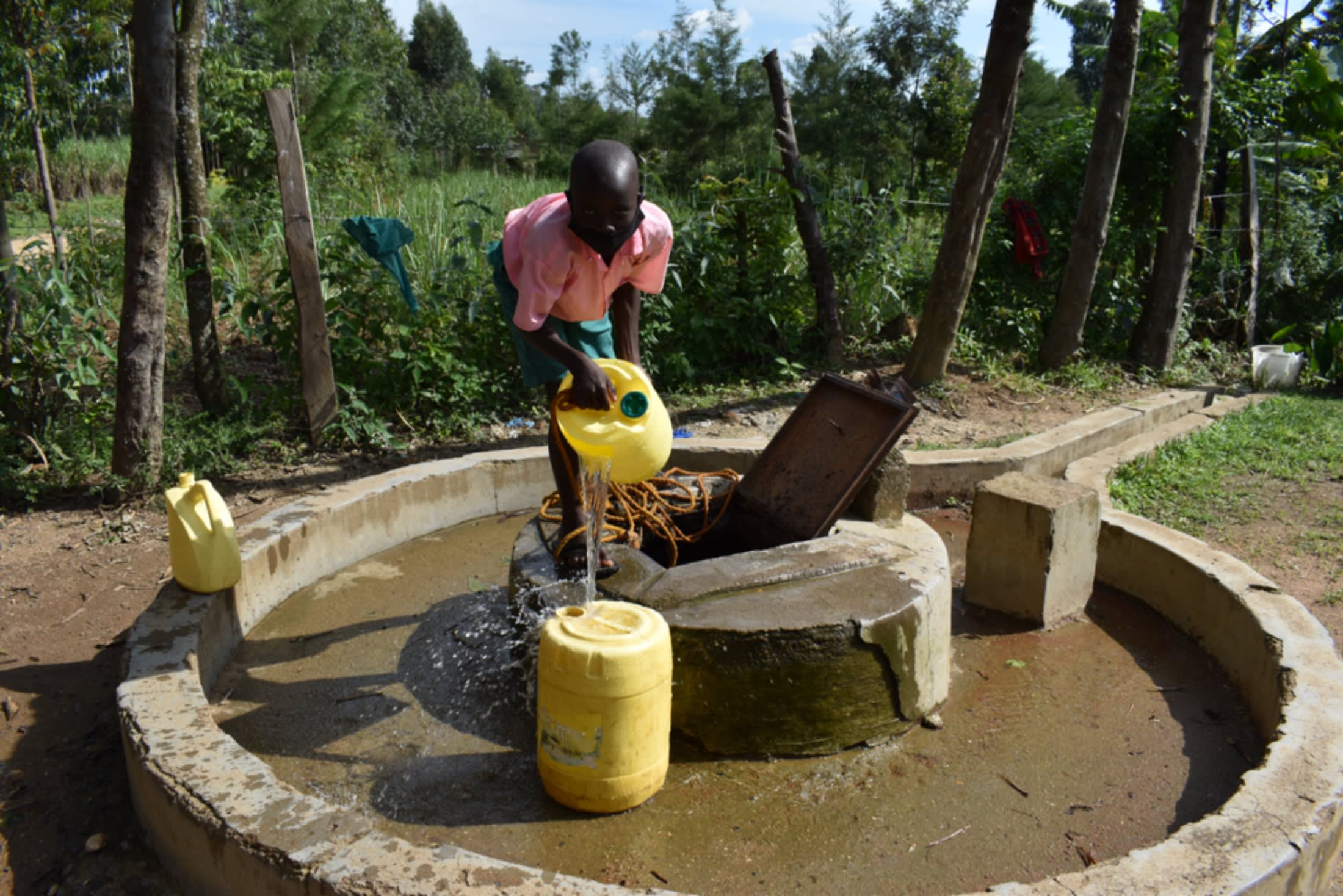

 Borehole Well and Hand Pump
Borehole Well and Hand Pump
 Rehabilitation Project
Rehabilitation Project












